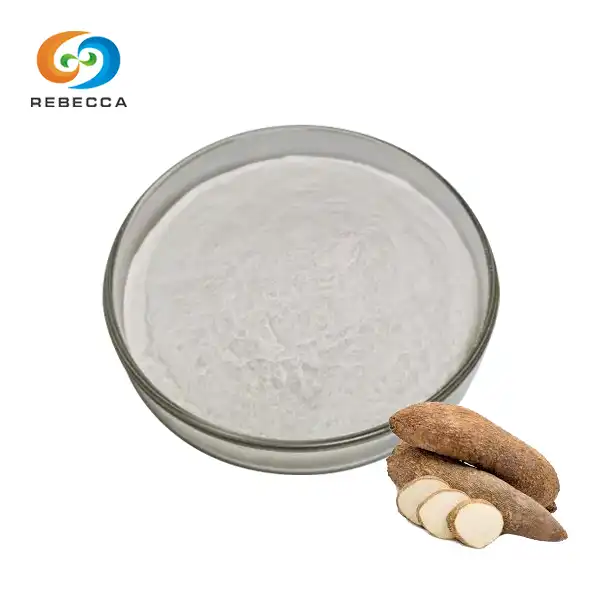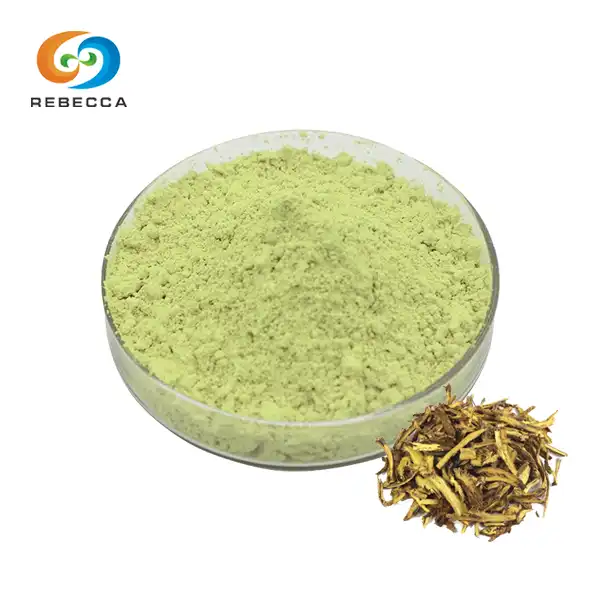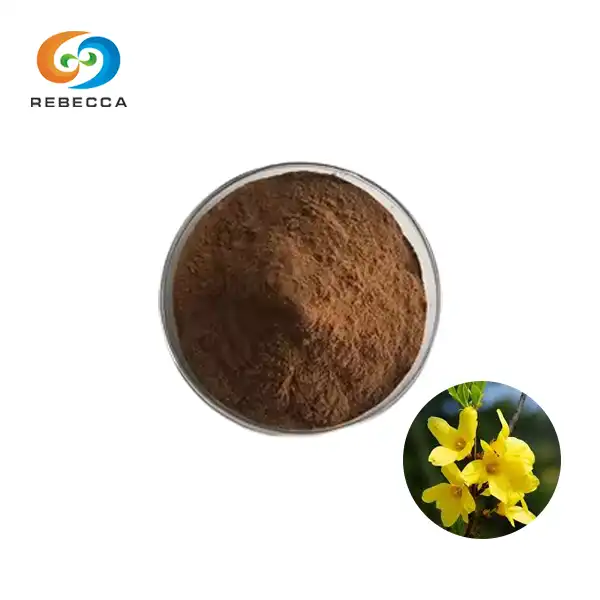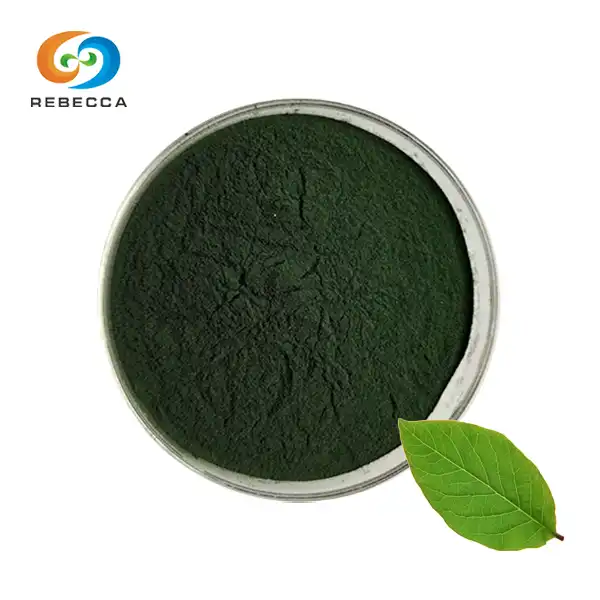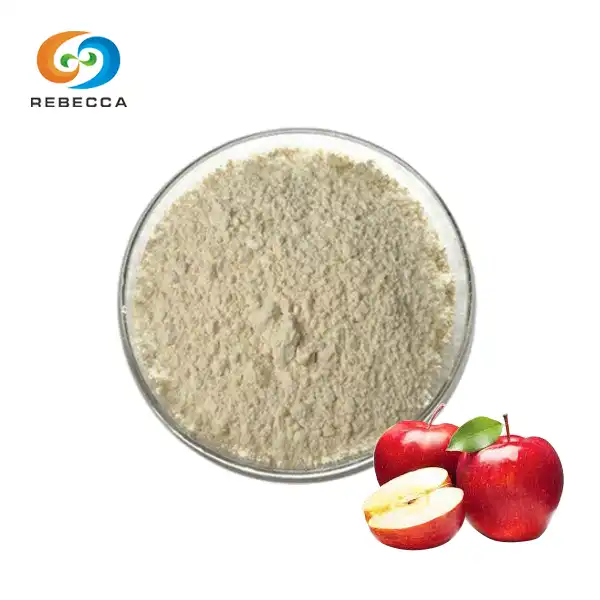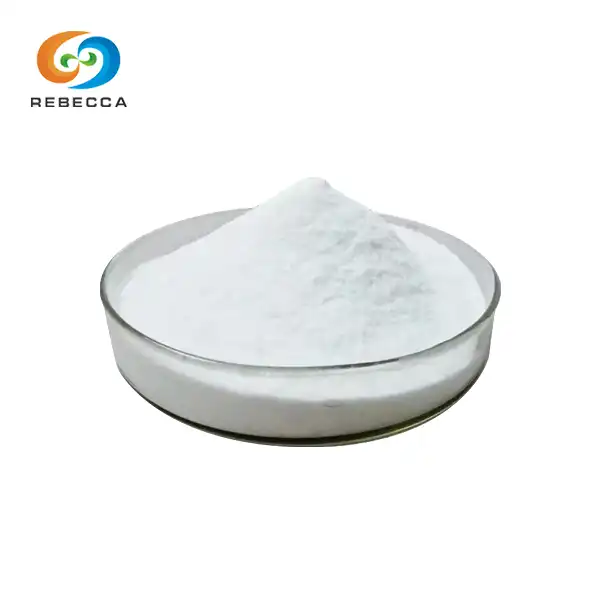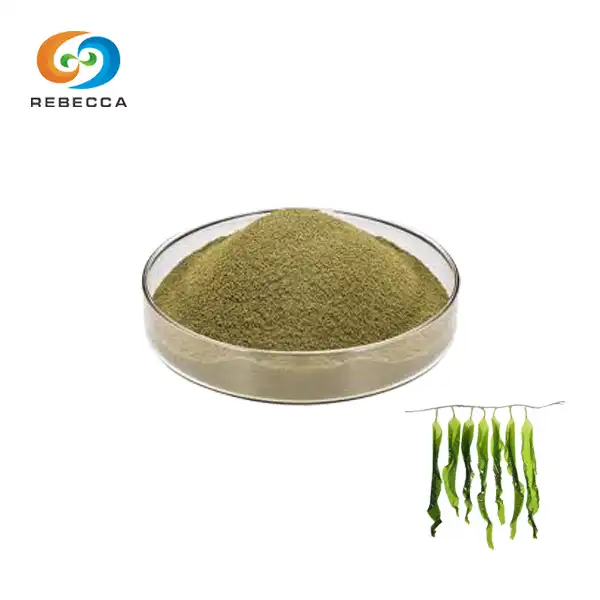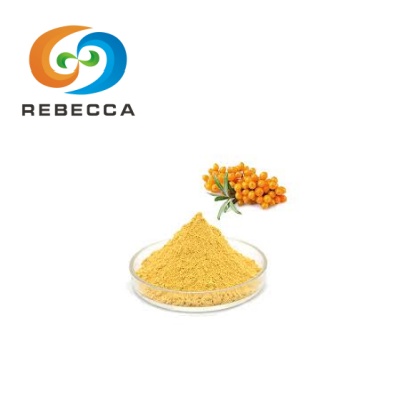Advantages Of Creatine Monohydrate
Creatine monohydrate stands out as a powerhouse supplement in the world of sports nutrition and muscle enhancement. This remarkable compound offers a myriad of benefits for athletes and fitness enthusiasts alike. From boosting athletic performance to promoting muscle growth, it has become a go-to supplement for those seeking to optimize their physical capabilities. Its ability to enhance energy production, improve strength, and accelerate recovery makes it an invaluable tool for anyone looking to push their limits in the gym or on the field
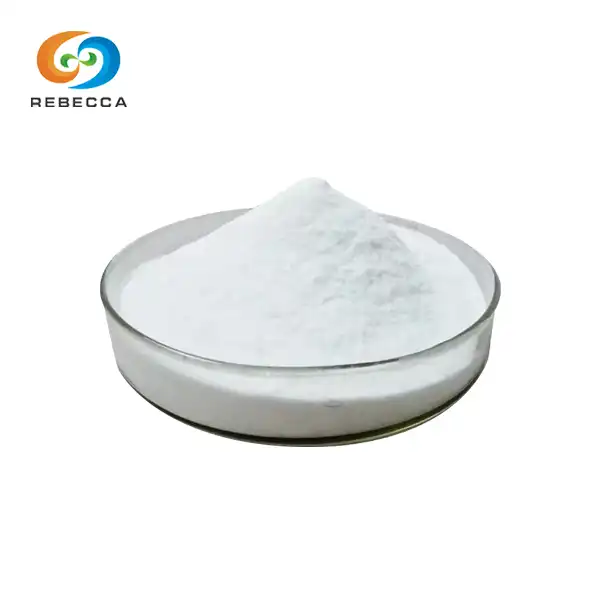
Product Name: Creatine Monohydrate
Creatine Monohydrate PowderSpecification: 99.5%-102.0%, HPLC
CAS: 6020-87-7
Creatine monohydrate Professional Manufacturer and Supplier
Free Sample Available, MSDS Available
How Does Creatine Boost Athletic Performance?
Creatine monohydrate has gained significant attention in the sports and fitness world due to its remarkable ability to enhance athletic performance. This powerful supplement works on multiple levels to improve an athlete's capabilities, making it a valuable asset for those looking to gain a competitive edge.
Enhancing Energy Production for High-Intensity Exercise
One of the primary ways creatine boosts athletic performance is by enhancing energy production during high-intensity exercise. When you consume creatine, it gets converted into phosphocreatine in your muscles. This compound plays a crucial role in rapidly regenerating adenosine triphosphate (ATP), the primary energy currency of cells. During short bursts of intense activity, such as sprinting or weightlifting, your body relies heavily on this ATP-phosphocreatine system for energy. By increasing phosphocreatine stores, creatine supplementation allows athletes to maintain higher levels of performance during these high-intensity efforts.

Improving Strength and Power Output in Athletes
Creatine's impact on strength and power output is another significant advantage for athletes. Research has consistently shown that creatine supplementation can lead to notable increases in maximal strength and power production. This improvement is particularly evident in activities requiring explosive movements, such as jumping, throwing, and short-distance sprinting. The enhanced energy availability provided by creatine allows muscles to contract more forcefully and sustain this force for longer periods, resulting in improved overall performance in strength-based activities.
Accelerating Recovery Between Training Sessions
Beyond its immediate performance-enhancing effects, creatine also plays a vital role in accelerating recovery between training sessions. By reducing muscle damage and inflammation, creatine helps athletes bounce back faster from intense workouts. This quicker recovery time allows for more frequent and higher-quality training sessions, leading to improved long-term athletic development. Additionally, creatine's ability to enhance glycogen replenishment in muscles further aids in the recovery process, ensuring that athletes are better prepared for their next bout of exercise.
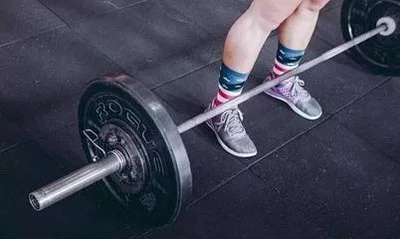
Muscle Growth
The science behind creatine's impact on muscle growth is fascinating and multifaceted. This supplement has been extensively studied for its anabolic properties, revealing several mechanisms through which it promotes muscle development and strength gains.
Creatine's Role in Protein Synthesis and Muscle Mass
Creatine plays a significant role in promoting protein synthesis, the process by which muscles repair and grow. By increasing the water content in muscle cells, creatine creates an anabolic environment that stimulates protein production. This enhanced protein synthesis leads to greater muscle fiber growth and overall increases in muscle mass. Moreover, creatine has been shown to activate certain genes involved in muscle growth, further supporting its anabolic effects. The combination of increased protein synthesis and gene activation makes creatine a powerful tool for those looking to build lean muscle mass.

Increasing Cell Volumization for Muscle Growth
Cell volumization, often referred to as the "cell swelling effect," is another way creatine contributes to muscle growth. When creatine is stored in muscle cells, it draws water into these cells, causing them to expand. This increased cell volume triggers anabolic signaling pathways, prompting the body to build new proteins and grow muscle tissue. The cell swelling effect not only contributes to immediate muscle fullness but also sets the stage for long-term muscle growth by creating an optimal environment for protein synthesis and muscle repair.
Optimizing Hormone Levels for Anabolic Effects
Creatine supplementation has been shown to have positive effects on hormone levels that support muscle growth. Studies have indicated that creatine can increase levels of insulin-like growth factor 1 (IGF-1), a hormone crucial for muscle development and repair. Additionally, creatine may help optimize testosterone levels, particularly in individuals engaged in intense resistance training. These hormonal effects, combined with creatine's direct impact on muscle cells, create a synergistic environment that promotes significant muscle growth and strength gains over time.

Creatine Safety: Separating Fact from Fiction
Despite its widespread use and extensive research backing, creatine monohydrate has been subject to various myths and misconceptions regarding its safety. It's crucial to separate fact from fiction to understand the true safety profile of this popular supplement.
Debunking Common Myths About Creatine Side Effects
Many misconceptions surround creatine use, often stemming from misinformation or misunderstanding. One common myth is that creatine causes kidney damage. However, numerous studies have shown that creatine supplementation does not negatively impact kidney function in healthy individuals. Another myth suggests that creatine causes dehydration and cramping. In reality, creatine may actually improve hydration status by increasing water retention in muscle cells. The notion that creatine leads to hair loss is also unfounded, with no scientific evidence supporting this claim. By addressing these myths with factual information, we can help users make informed decisions about creatine supplementation.
Long-Term Safety Studies on Creatine Supplementation
Long-term studies on creatine supplementation have consistently demonstrated its safety when used as directed. Research spanning several years has shown no adverse effects on liver function, kidney function, or overall health in individuals taking creatine regularly. These studies have included diverse populations, from young athletes to older adults, providing a comprehensive view of creatine's safety profile across different age groups and activity levels. The overwhelming body of evidence supports the long-term safety of creatine supplementation, making it one of the most well-researched and trusted supplements in the sports nutrition industry.
Proper Dosage and Cycling for Optimal Results
To ensure both safety and efficacy, it's important to follow proper dosage guidelines and consider cycling strategies. The most common and well-researched dosing protocol involves a loading phase of 20 grams per day for 5-7 days, followed by a maintenance phase of 3-5 grams per day. However, some individuals may choose to skip the loading phase and start directly with the maintenance dose. Cycling creatine, which involves periods of use followed by breaks, is not necessary for safety reasons but may be employed based on personal preference or training cycles. It's always advisable to consult with a healthcare professional or a certified nutritionist before starting any new supplement regimen.
Creatine monohydrate stands as a testament to the power of science-backed supplementation in enhancing athletic performance and muscle growth. Its ability to boost energy production, improve strength, and accelerate recovery makes it an invaluable tool for athletes and fitness enthusiasts. The extensive research supporting its safety and efficacy puts to rest many of the myths surrounding its use. As with any supplement, proper usage and understanding are key to maximizing its benefits. For those looking to elevate their physical performance and muscle-building potential, creatine monohydrate offers a proven and safe option.

Pure Creatine Monohydrate Powder Supplier
Shaanxi Rebeccia is dedicated to providing high-quality supplements for the health and fitness industry. Our production base is equipped with internationally leading extraction, separation, and purification equipment, and operates in strict compliance with GMP and ISO standards. From raw material procurement to finished product delivery, every step undergoes rigorous quality control to ensure the safety and efficacy of our products. We offer creatine monohydrate powder with a specification of 99.5%-102.0% (HPLC), CAS: 6020-87-7. As a professional manufacturer and supplier, we provide free samples and MSDS documentation. For inquiries about our premium health supplement ingredients, contact us at information@sxrebecca.com.
References
- Kreider, R.B. et al. (2017). International Society of Sports Nutrition position stand: safety and efficacy of creatine supplementation in exercise, sport, and medicine. Journal of the International Society of Sports Nutrition, 14, 18.
- Gualano, B. et al. (2012). Creatine supplementation in the aging population: effects on skeletal muscle, bone and brain. Amino Acids, 42(4), 1349-1362.
- Rawson, E.S. and Volek, J.S. (2003). Effects of creatine supplementation and resistance training on muscle strength and weightlifting performance. Journal of Strength and Conditioning Research, 17(4), 822-831.
- Tarnopolsky, M.A. (2010). Caffeine and creatine use in sport. Annals of Nutrition and Metabolism, 57(Suppl. 2), 1-8.
- Buford, T.W. et al. (2007). International Society of Sports Nutrition position stand: creatine supplementation and exercise. Journal of the International Society of Sports Nutrition, 4, 6.
